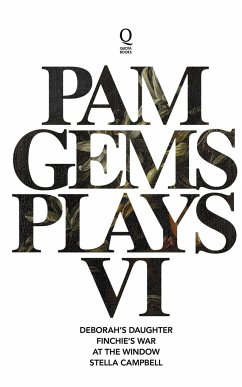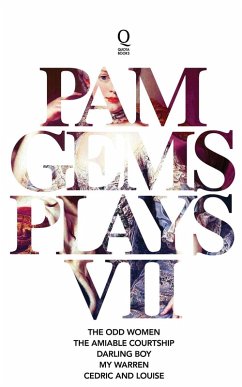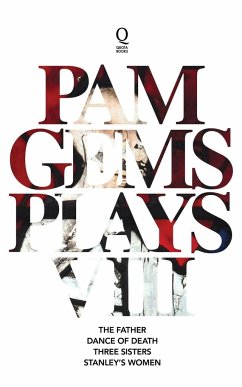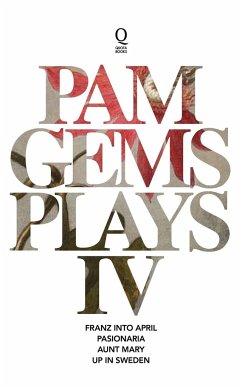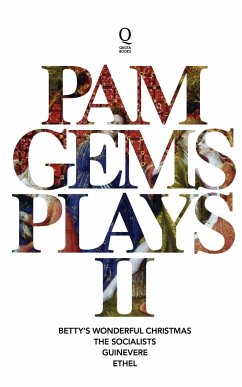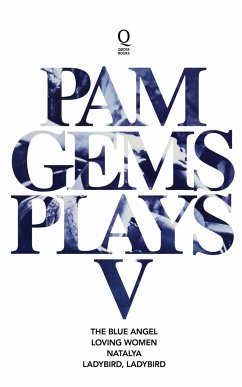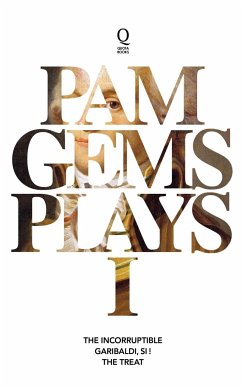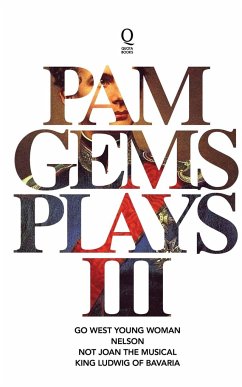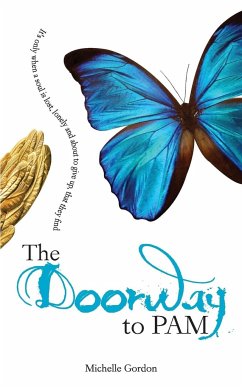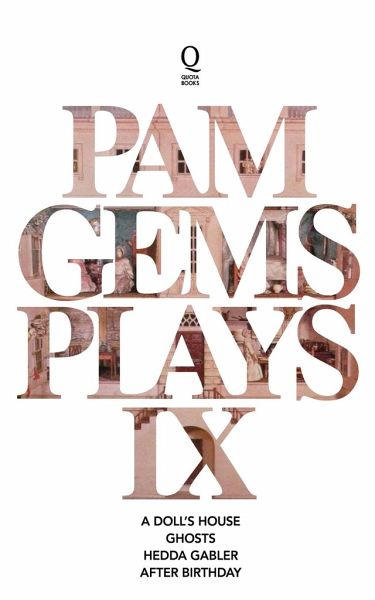
Pam Gems Plays 9
Versandkostenfrei!
Versandfertig in 1-2 Wochen
17,99 €
inkl. MwSt.

PAYBACK Punkte
9 °P sammeln!
Volume nine of a series of plays written by Pam Gems. A Doll's House, Ghosts, Hedda Gabler and After Birthday. A Doll's House by Henrik Ibsen English version by Pam Gems. Henrik Ibsen was born on 20 March 1828 in Skien in south-east Norway, the second son of Knud Ibsen, a merchant, and his wife Marichen. After his father became ruined, when Ibsen was about seven, the family moved to Venstope and lived in great poverty. Aged fifteen, Ibsen became an assistant to an apothecary. Later, he fathered an illegitimate child and went on to join the newly formed National Theatre of Sweden at Bergen, aft...
Volume nine of a series of plays written by Pam Gems. A Doll's House, Ghosts, Hedda Gabler and After Birthday. A Doll's House by Henrik Ibsen English version by Pam Gems. Henrik Ibsen was born on 20 March 1828 in Skien in south-east Norway, the second son of Knud Ibsen, a merchant, and his wife Marichen. After his father became ruined, when Ibsen was about seven, the family moved to Venstope and lived in great poverty. Aged fifteen, Ibsen became an assistant to an apothecary. Later, he fathered an illegitimate child and went on to join the newly formed National Theatre of Sweden at Bergen, after writing his first play, Catiline, aged 21. Of his early work, most of his plays were written in verse, and were failures when they opened. Later in life, he wrote his twelve great modern prose dramas. Ghosts by Henrik Ibsen in a version by Pam Gems Literal translation from the Norwegian by Charlotte Barslund. Ibsen wrote GHOSTS in 1881, two years after A DOLL'S HOUSE. He said: "Ghosts had to be written. I could not let A Doll's House be my last word. After Nora, Mrs Alving had to come." Ibsen was well aware that writing a play about sexual disease would create a storm. It did. 'One of the filthiest things ever written; a repulsive pathological phenomenon which, by undermining the morality of our social order, threatens its foundation.' (Royal Theatre, Copenhagen.) Hedda Gabler - Pam Gems' version of the play by Henrik Ibsen. After Birthday - It is rare that one goes to a lunchtime and is confronted with a combination of equally high standard of writing, production and performance. Pam Gems's play, directed by Sue Parrish, achieves this rare distinction. It is a superb, powerful, disturbing presentation.. . . Carole Harrison sensitively portrays a disturbed young woman waiting to be examined by an institution doctor. The writing is naturalistic, jerky stream-of-consciousness. Slowly, a background and narrative emerges, and character develops, through disjointed but methodical revelation - exposing a horrific, convoluted series of events. - YORI KOHUT. The Stage 03/05/1979





